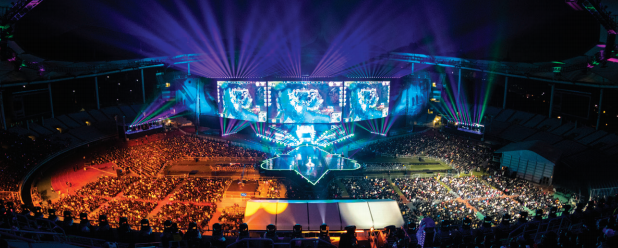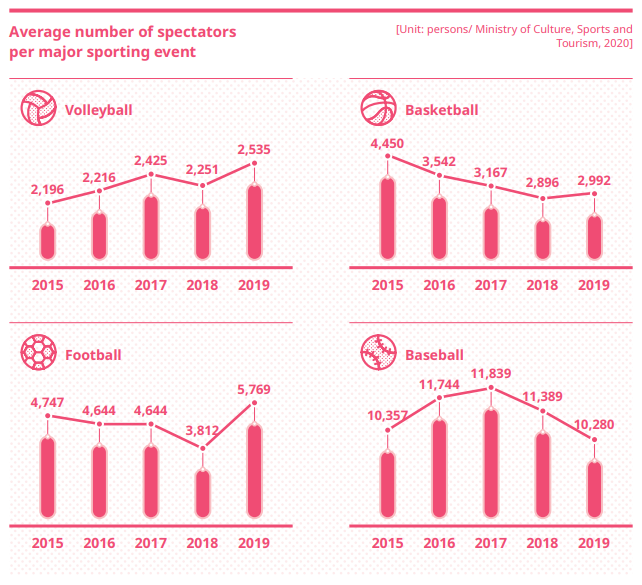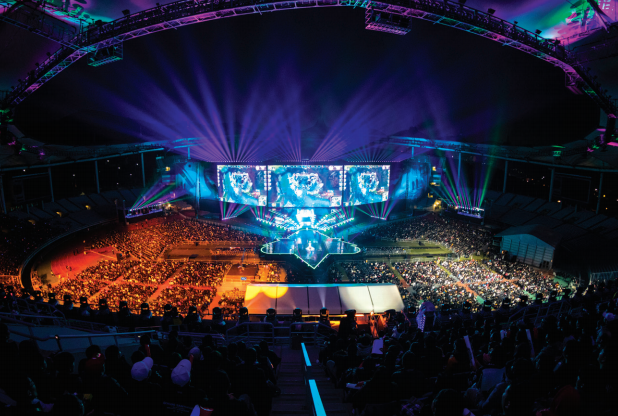Transforming into an Advanced Sports Country

Sports
At 2017, 100 Policy Tasks of the Government includes Task 72: To build a vibrant country where everyone can enjoy sports. The task is intended to highlight the importance of sports for all as a means of promoting life and welfare and building a healthy country, and to create an environment in which all citizens are exposed to sports for all by expanding public sports clubs and personalizing sports programs for each life cycle.
Accordingly, local governments expanded their personalized sports facilities as well as communities and amenities for the entire nation by integrating sports for all with elite sports from 2012 to 2015. They also developed sports-for-all programs tailored to the life cycles of the local residents by investing profits earned through sports and entertainment events in sports for all again. These efforts have increased local residents’ engagement in sport-for-all programs by a factor of three. As a result, South Korea has successfully established a virtuous cycle of sports and welfare.
In the 21st century, e-sports are rapidly spreading as attractive cultural content. E-sports has been gradually recognized as official sports since 2018 when it was adopted as a demonstration sport for the 18th Asian Games, also known as Jakarta–Palembang 2018. South Korea is the most advanced IT country in Asia due to the fastest digitalization since the IT industry was promoted in 1998. Now, its e-sports industry has also developed rapidly. Founded In 2001, the Korea e-Sports Association (KeSPA) has systematized the athlete management, rules, and competition methods, leading the popularization of e-sports. Currently, South Korea has the largest number of world-class e-sports players and is recognized as home to e-sports. The portion of South Korea in the global e-sports industry is just 13.1%. However, it has world-class players, so the potential of e-sports in South Korea is highly regarded around the world.


